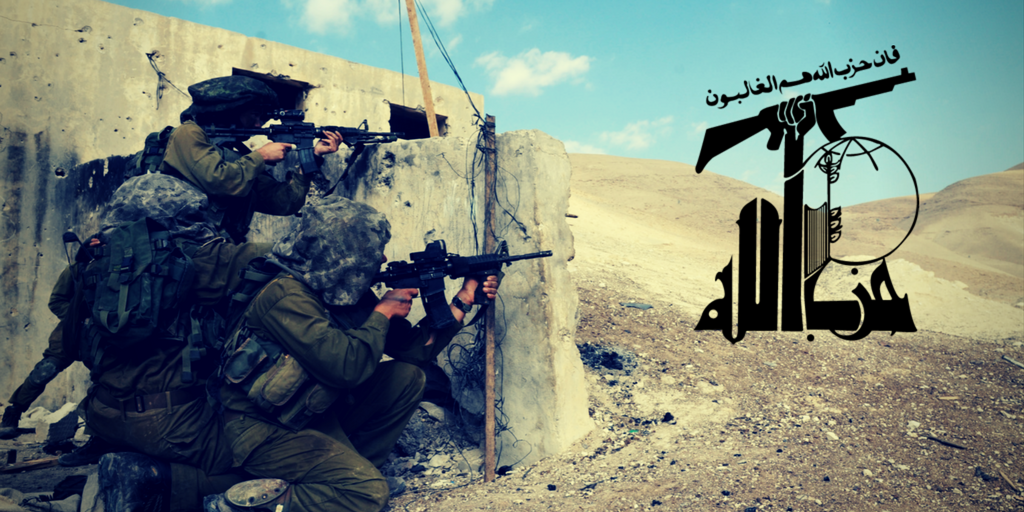While the agreement concerning Syria made between Trump and Putin in Vietnam has been touted by almost everyone as the beginning of closure to the Syrian Civil War, it may have achieved little more than a huge win for the Russian-Iranian-Syrian axis.
The joint statement between the US and Russia says the following:
President Trump and President Putin confirmed the importance of de-escalation areas as an interim step to reduce violence in Syria, enforce ceasefire agreements, facilitate unhindered humanitarian access, and set the conditions for the ultimate political solution to the conflict. They reviewed progress on the ceasefire in southwest Syria that was finalized the last time the two Presidents met in Hamburg, Germany on July 7, 2017. The two presidents, today, welcomed the Memorandum of Principles concluded in Amman, Jordan, on November 8, 2017, between the Hashemite Kingdom of Jordan, the Russian Federation, and the United States of America. This Memorandum reinforces the success of the ceasefire initiative, to include the reduction, and ultimate elimination of foreign forces and foreign fighters from the area to ensure a more sustainable peace. Monitoring this ceasefire arrangement will continue to take place through the Amman Monitoring Center, with participation by expert teams from the Hashemite Kingdom of Jordan, the Russian Federation, and the United States.
It is worth pointing out that although one of the deconfliction zones buttresses Israel’s Golan Heights, they are not mentioned as one of the parties that will observe whether or not the deconfliction mechanism is working. Furthermore, Syrian and Russian troops can move freely within the deconfliction zones, which are about 20km in width. Outside the deconfliction zones Iranian and Hezbollah troops can move with ease.
Essentially, the arrangement ensures a return of the Syrian regime now overtly backed by Russia to Israel’s border, while giving Iran and Hezbollah a free pass to build up their presence outside the deconfliction zone. The arrangement, while sounding good on paper, actually encourages conflict between Israel and Iran/Hezbollah.
With Israel and the Sunni alliance beginning to push back against the growing Iranian threat, any weakening of their position against Iran will seemingly not be tolerated. An Iranian/Hezbollah force allowed to build up their presence 20km from Israel will most likely not be tolerated.
Beyond Negotiations
Israel has taken a more passive route when it has come to the American-Russian agreements on the deconfliction zones, but this strategy has clearly failed. What is left is for the Israeli government to take a proactive policy in destroying Iranian and Hezbollah forces that are busy preparing to attack Israel.
Israel will only be taken seriously when it acts on its own. Until then, the Trump-Putin agreement has created a military nightmare for Israel that brings the region closer to war, not farther away.






